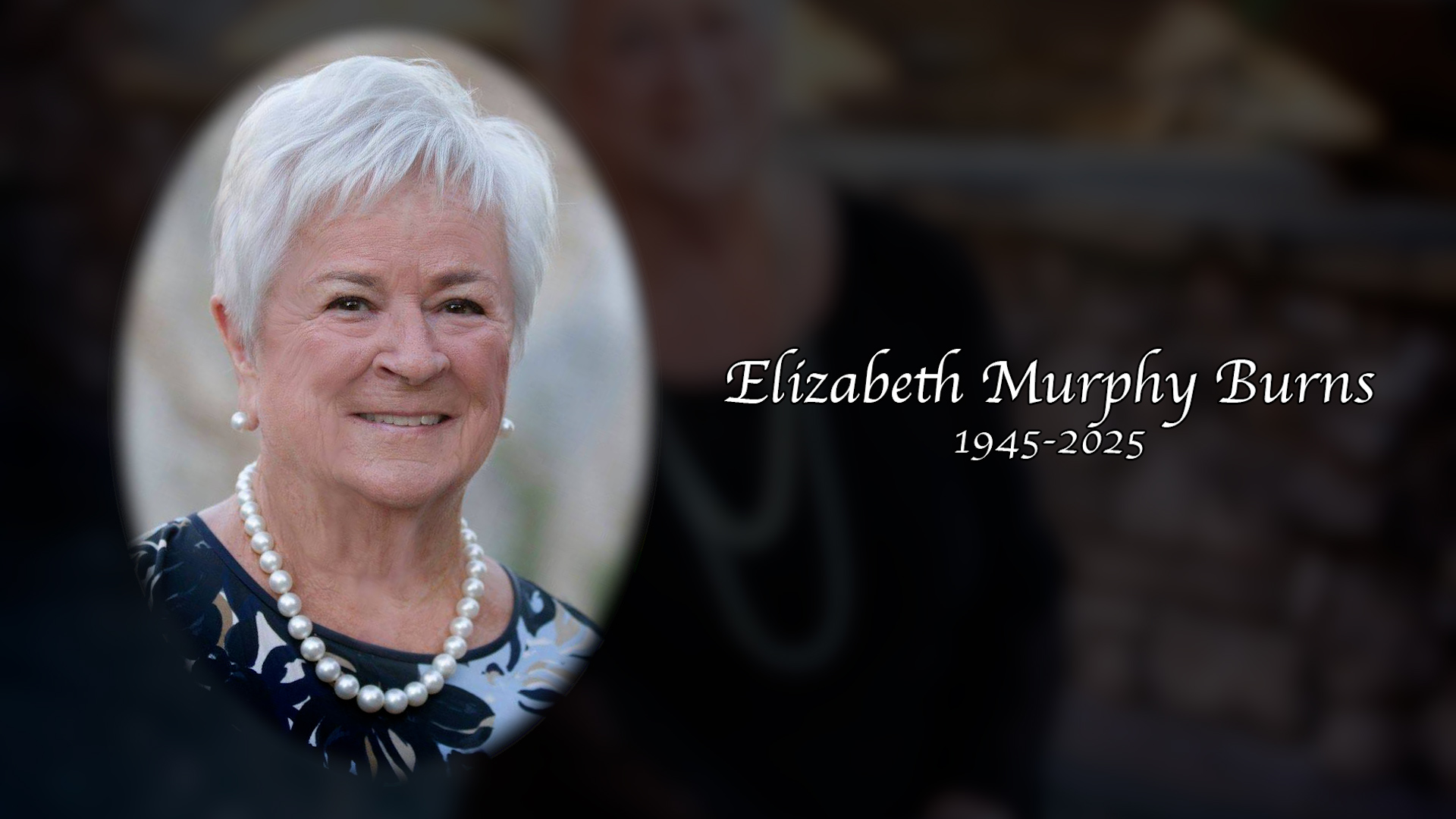Congressmen Concerned About 2 GHz BAS Relocation
Several members of Congress warned FCC Chairman Michael Powell last week that current proposals to the 2 GHz relocation plan could "seriously" harm broadcasters' ability to provide live remote news coverage.
In a letter to Chairman Michael Powell, Rep. Fred Upton, Chairman of the House Subcommittee on Telecommunications and the Internet, and John D. Dingell, Ranking Member of the Committee on Energy and Commerce, said that the procedures established by the Commission governing the transition from the old to the new band plan and the method by which stations re permitted to negotiate proper compensation "raise several significant policy and practical concerns."
The concerns focused on the difference in treatment between TV stations in the top 30 markets and those in smaller markets. "In many of these markets, the number of television newscasts is equal to or may exceed the number of newscasts in the top 30 markets," the Congressmen said. "Accordingly, the Commission should carefully reexamine this assumption to make sure viewers in these markets do not lose coverage of live local news events and emergencies. Providing live local news coverage goes to the heart of a local station's responsibility to its community and should not be put at risk by new Commission policies."
The letter referred to recent technical filings (by broadcasters) showing that "significant interference to ENG transmissions may result when top 30 market television stations with new narrow-band equipment attempt ENG operations in smaller markets that are still using the old ENG band plan." The Congressmen were concerned about the operational problems that could result if a disaster or other emergency took place near the border of markets where stations were on different band plans. The crash of a plane headed to Detroit Metropolitan Airport in Monroe, Michigan, between Detroit and Toledo a few years ago was used to highlight the problem. "If the stations in Detroit, a large market, had been operating on the new ENG band plan and the stations in Toledo, a smaller market, had been operating on the old ENG band plan, the local reports from the crash scene may never have been received by the Detroit and Toledo stations due to interference caused by inconsistent band plans."
The Congressmen acknowledged the difficulty of balancing the technical complexity of the issue with the commission's longtime goal of establishing MSS service. "In balancing those interests, however, relocation and compensation procedures should not jeopardize the ability of local stations to fulfill their primary role -- to provide live local coverage of news events. Accordingly, we recommend that the Commission review its decision and take the necessary steps to ensure that the ability of television licensees to provide the public with timely news reports is not compromised."
Get the TV Tech Newsletter
The professional video industry's #1 source for news, trends and product and tech information. Sign up below.
